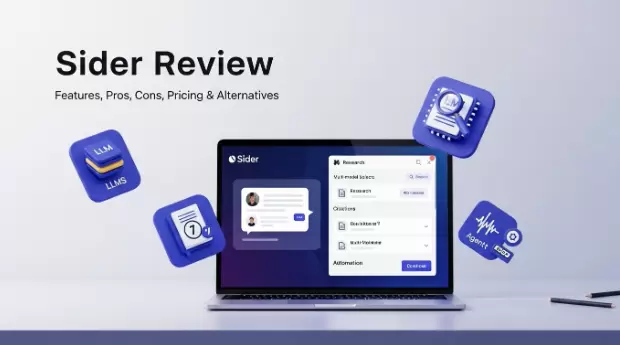CRM implementation. A long, sometimes challenging process, but one that’s crucial to the growth of your business. Ready or not, lets dig into the best practices for ensuring your CRM implementation is a streamlined success.
Identify Reasons to Implement
The first step in creating a successful CRM implementation is to identify the exact reasons as for why you think your business would benefit from a new solution. Businesses will typically seek out a new software solution when they’re dealing with several challenges or problems that need addressing. If there aren’t any pain points, you may just be looking for various ways to help foster your business’s growth. It’s your job to identify these challenges and reasons for implementation before you get to far into the vendor search process.
Research and Prepare
The often-dreaded part of the CRM implementation process: selecting a vendor. With so many options to choose from, vendor selection can be challenging and stressful. To make your life easier, you need to investigate through a compare/contrast methodology. There are many vendors out there offering many things—it’s up to you to sift through the cluster to find the perfect solution for your business.
During this process, it’s strongly recommended to use a Request for Proposal (RFP) document. An RFP is a comprehensive document used to discover exactly what your business is looking for in a new software solution, help you assess any current pain points or challenges you’re experiencing, and provide you with a streamlined way to select the solution with the right features.
Evaluate Internal Processes
If you decide against utilizing an RFP document, it’s still crucial that your business evaluates its processes. What pain points are you experiencing? Why would your business benefit from a new CRM solution? Is everyone on board with a major new software implementation? These are the questions you need to address.
For your CRM system to “work” for your business, you’ll need to have active users willing to learn and stick with it. A software solution alone isn’t going to solve all your problems—it’s important to keep in mind what’s going to change with the new implementation and what will remain unaffected.
Assess Product Features/Benefits
Each vendor will offer something unique—drill down to figure out what you’re really looking for, and whether the vendor provides that. Create a list of the benefits you’re interested in for your new CRM solution, and categorize them as either needs or wants. This way, you’ll know the difference between what you need and what you want, which will help down the line when selecting between final contenders.
Keep in mind: it’s likely you won’t find a solution that has everything you’re looking for. Be prepared with an open mind and be willing to negotiated some of your wants.
Know Your Budget
Establish a budget. How much are you willing to spend? Discuss openly and honestly with potential CRM vendors about your financial investment expectations, so they’ll be ready to work with you to meet budgetary requirements.
Budgeting is necessary, but not the only factor in your decision. Too often, businesses hyper-focus on the cost of a software implementation—the true focus of your search should be on the benefits for your business and the results you’ll be able to drive. Cost can be a deal-breaker, but it shouldn’t trump other important considerations.
Once Selected, Communicate!
Finally! You’ve worked with your team internally, you’ve selected a vendor through a long and tenuous process, and now you’re ready to begin actually implementing your new CRM solution. If there’s one common error during this process, it’s communication.
If your CRM implementation is doomed to fail, it’s likely due to miscommunication between vendor and business. During the vendor selection process, it’s imperative you pick out the vendor who’ll treat you like a partner, rather than like just another customer. From there, open lines of communication and honesty will make or break the implementation.
Ryan Sweeney is a content strategist at WorkWise, the provider of OnContact CRM software.


 Table of Content
Table of Content










